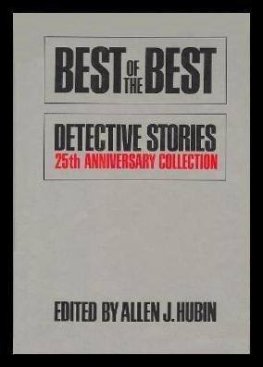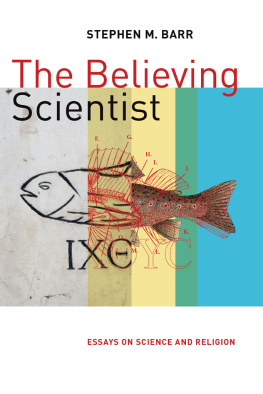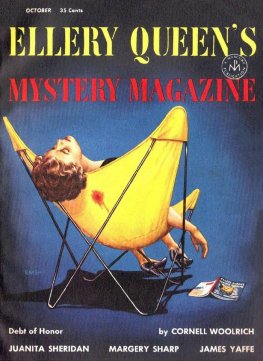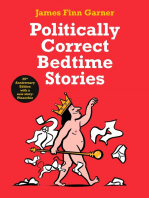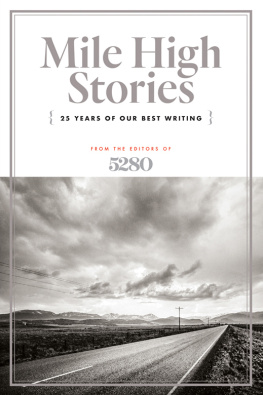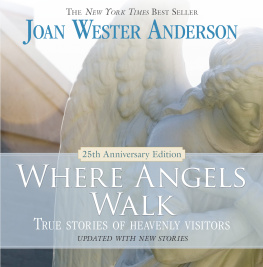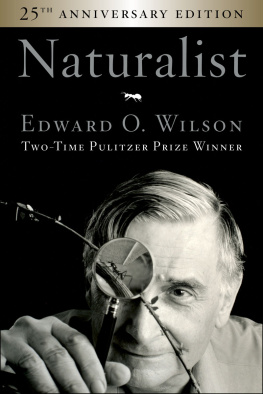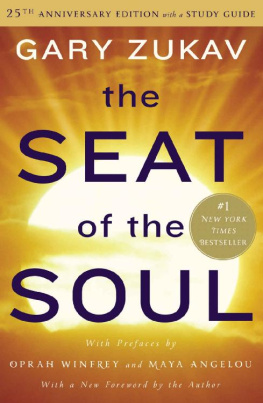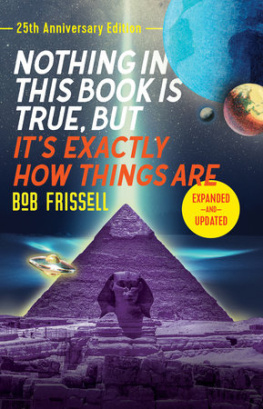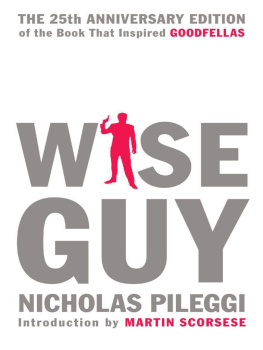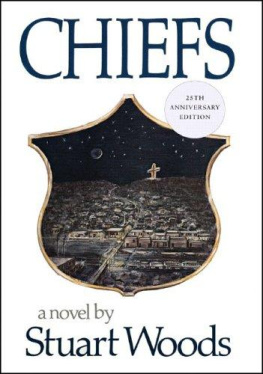Stephen Barr - Best of the best detective stories: 25th anniversary collection
Here you can read online Stephen Barr - Best of the best detective stories: 25th anniversary collection full text of the book (entire story) in english for free. Download pdf and epub, get meaning, cover and reviews about this ebook. City: New York, year: 1971, publisher: E.P. Dutton & Co., genre: Detective and thriller. Description of the work, (preface) as well as reviews are available. Best literature library LitArk.com created for fans of good reading and offers a wide selection of genres:
Romance novel
Science fiction
Adventure
Detective
Science
History
Home and family
Prose
Art
Politics
Computer
Non-fiction
Religion
Business
Children
Humor
Choose a favorite category and find really read worthwhile books. Enjoy immersion in the world of imagination, feel the emotions of the characters or learn something new for yourself, make an fascinating discovery.
- Book:Best of the best detective stories: 25th anniversary collection
- Author:
- Publisher:E.P. Dutton & Co.
- Genre:
- Year:1971
- City:New York
- ISBN:978-0-525-06450-3
- Rating:3 / 5
- Favourites:Add to favourites
- Your mark:
- 60
- 1
- 2
- 3
- 4
- 5
Best of the best detective stories: 25th anniversary collection: summary, description and annotation
We offer to read an annotation, description, summary or preface (depends on what the author of the book "Best of the best detective stories: 25th anniversary collection" wrote himself). If you haven't found the necessary information about the book — write in the comments, we will try to find it.
Stephen Barr: author's other books
Who wrote Best of the best detective stories: 25th anniversary collection? Find out the surname, the name of the author of the book and a list of all author's works by series.
Best of the best detective stories: 25th anniversary collection — read online for free the complete book (whole text) full work
Below is the text of the book, divided by pages. System saving the place of the last page read, allows you to conveniently read the book "Best of the best detective stories: 25th anniversary collection" online for free, without having to search again every time where you left off. Put a bookmark, and you can go to the page where you finished reading at any time.
Font size:
Interval:
Bookmark:
Best of the best detective stories
25th anniversary collection
Introduction
In March of 1945 David C. Cooke came to John Tebbel, an editor at E. P. Dutton & Co., with a suggestion for a series of anthologies of short tales of crime and detection, the best that could be culled from the hundreds (indeed, in those early years, thousands) published chiefly in magazines during each calendar year. That eminently worthy suggestion was taken up, and for fifteen years, commencing in 1946, Mr. Cooke edited the annual volumes, followed in turn by Brett Halliday (two years), Anthony Boucher (six years) and myself (two years). Over the years tens of thousands of short stories have been examined with some diligence to sift out the finest (a checklist of the 334 stories so chosen may be found at the end of this volume). Thus the series of Best Detective Stories of the Year may reasonably lay some claim to being the most important permanent general repository for the modern crime story.
The present volume is conceived as a tribute to the first twenty-five years of Best Detective Stories of the Year, and it fell to my considerable pleasure not unmixed with a little pain, as you shall shortly see to be its editor. The ground rules were simple: to select from each of the volumes one premier tale, while not reusing any of the fourteen selections reprinted in a Best of the Best compilation published in 1960, nor any of the twenty-four in Bouchers Choicest, published in 1969 to commemorate the late Anthony Bouchers skillful and imaginative editorship.
Reading through that quarter century of short stories was at once an exhilarating and sobering experience. Exhilarating because the stories were polished and gloriously varied in theme and treatment. Sobering because of writers gone and, in their own special ways, irreplaceable; and because I seemed to sense with the unfolding of the years a certain loss of innocence (a subtle loss, for example, in the depiction of policemen).
As if to compensate, however, the generally humor-free substance of the earlier anthologies Craig Rices sunny larks are the only notable exception came to be leavened with a lively sense of the absurd, a development that was most evident in the years under Bouchers editorship. You will find something both of lost innocence and of newfound humor in the pages that follow.
The pain I mentioned earlier was one of selection. In many cases I was faced with a choice between two or three superior candidates for a single year and how could any of them be left out, as in fact they must? Read if you can the original twenty-five volumes in chronological order. But if you are not blessed with a full row on your shelves, read the tales which follow, and catch a glimpse of the sweeping tapestry of short crime fiction, of approaches gone and new freedoms realized, yet all confirming the old truth that a story well told exerts undying fascination.
~ ~ ~
This chilling story from the maiden volume in the Best Detective series has several surprises in store. Its not often given unto a man to solve his own murder...
Bruno Fischer
The Man Who Lost His Head
The woman looked at Jim Crane and screamed. She had come out of the tall brick house which he had just passed.
Crane stopped under the streetlamp and looked around. There was nobody else on that dark, empty street. The brick house stood off by itself, flanked by lots. He turned back to the woman.
Whats the matter? he asked.
She cowered in the doorway. Her voice had stopped with that one shrill outcry, but her mouth continued to hang open. She pointed jerkily at him with a forefinger.
You your she gasped.
Fright had driven her into almost speechless hysteria. Could she be frightened of him? That was crazy. He was sure he had never before seen this dumpy, middle-aged woman.
Whats wrong? he said, going toward her.
She put out her hands as if to ward him off, and again she screamed.
Overhead a voice shouted: Hey, you, keep away from her!
A man in his undershirt was sticking his head out of a second-floor window. The woman was whimpering now.
What the devil is going on? Crane demanded.
You beat it! the man said. You want me to call a cop?
Both the woman and the man were mad, Crane told himself. If a cop arrived, it would be tough explaining that he hadnt tried to harm the woman in any way. People always took a womans word against a mans. Best to get away from here.
He sent his long legs down the street. When he had gone a short distance, he looked back. The woman had come all the way out on the sidewalk and was staring after him. Crane wanted none of her; she seemed capable of chasing after him with wild accusations.
He was hurrying around the corner house when he heard the woman say in a loud, cracked voice: Did you see him, Mr. Prim?
Sure I saw him. That was doubtless the man at the window replying. Luckily I heard you and looked out and chased him off.
I dont mean that. The poor man. He frightened me so.
Crane had not stopped walking. He could still hear the voices on the other street, but no longer the words. She was nuts, all right. What had she said? The poor man. He frightened me so.That wasnt sane talk. You met all kinds of people during a walk.
He stopped. A walk? He wasnt out for a walk. He had left his house to call on Ellen Hoyt, but this wasnt the way. This street and the other he had been on when the woman had screamed were unfamiliar.
He reached the farther intersection and looked up at the signpost. The motion of his head made his stomach churn, and he wondered why that should be. Then he forgot about his stomach when he saw that he was on the corner of Washington Avenue and Fourth Street.
Ellen Hoyt lived on Washington Avenue, but near Tenth Street. And he himself lived farther uptown. Ellens apartment was between his home and where he now was. How in the world had he gone six blocks past his destination?
He stood at the signpost trying to remember. He had come home from his office and showered and shaved and left to take Ellen out to dinner. On pleasant evenings like this he preferred walking. But he didnt recall walking. He couldnt recall anything after having left his house until the woman in the doorway had screamed.
So he had been dreaming while strolling along, probably thinking of next month when he and Ellen would be married. He had passed Ellens house without knowing it. Some time or other that happened to everybody. No use brooding about it.
Jim Crane crossed the street and headed toward Tenth Street. His stomach felt queasy. It had started, he remembered, when he had brought his head all the way back to look up at the signpost. His legs felt wobbly too. What was the matter with him? Had the womans screams upset him?
A neon sign ahead read: COFFEE. He decided that what was wrong with him was merely hunger. He had had a very light lunch at twelve, and now it was around seven-thirty. A cup of coffee would hold him until he and Ellen got to the restaurant.
The lunchroom was small and grimy and deserted except for a burly counterman reading a racing form. Crane slid onto a counter stool and reached for his cigarettes.
Coffee, he said.
The counterman looked up from his paper. He frowned. You feel all right, mister?
I Crane was feeling a lot better now that he was sitting. Of course Im all right, he said testily. Why?
Well, you look sort of green.
Crane chuckled. Thats what comes of being an accountant. Too much indoor work. Mind rushing that coffee? Im late.
The counterman looked sharply at him and then turned to the coffee urn. Behind the counter there was a flyspecked mirror which had been blocked off by the countermans broad body. Now Crane saw himself in it, sitting hunched forward with his hat pulled low over his forehead and a cigarette dangling from his thin mouth. His long, angular face, he thought, looked like a deaths head. He had never cared for his face, but Ellen said she loved it. But now it was pinched more than usual, and his complexion, which had always been sallow, was actually green.
Font size:
Interval:
Bookmark:
Similar books «Best of the best detective stories: 25th anniversary collection»
Look at similar books to Best of the best detective stories: 25th anniversary collection. We have selected literature similar in name and meaning in the hope of providing readers with more options to find new, interesting, not yet read works.
Discussion, reviews of the book Best of the best detective stories: 25th anniversary collection and just readers' own opinions. Leave your comments, write what you think about the work, its meaning or the main characters. Specify what exactly you liked and what you didn't like, and why you think so.

